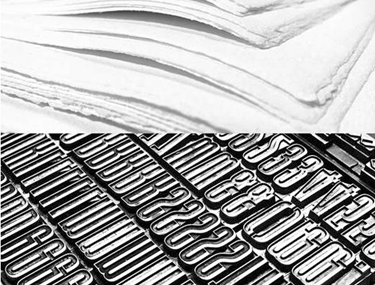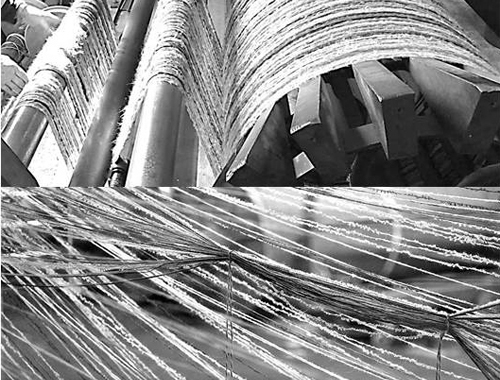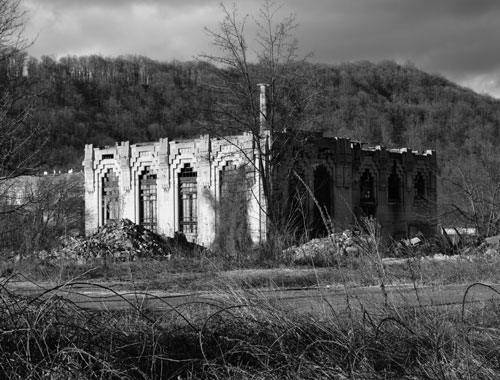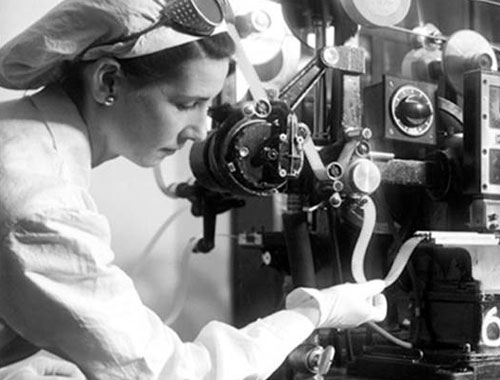Tradition of know-how: the ceramics of the “ALBISOLE” (in the province of Savona)

FerraniAnalogica
23/05/2021![]()
The tour aims to take you on a discovery of the history and tradition of ceramics from Roman times to the present day. We will take you to discover two picturesque villages overlooking the sea in the province of Savona: Albisola Superiore and Albissola Marina, where you can visit:
- Ceramic workshops and laboratories
- Ceramic museums
- Widespread museum of ceramic
- Artists’ Walk
The duration of the tour is one day, divided between morning and afternoon. It will start from the town of Albisola Superiore, passing through the nearby Albissola Marina where you can visit and see the ancient kilns, ancient and contemporary ceramic workshops, and two museums of ceramics. Travel will be on foot. A qualified tourist guide will lead the tour and there is the possibility of having lunch in one of the affiliated restaurants.
Morning – Albisola Superiore
Archaeological finds from ancient Alba Docilia, the Roman name for the present-day Albisola, can be seen at the archaeological site of the Church of San Pietro, located near the railway station. Already in Roman times, in fact, in what we now call the Albisole (the two municipalities of Albissola Marina and Albisola Superiore), there were kilns that produced bricks, food containers, and amphorae used to transport wine, oil and cereals. The craft workshops, which are part of the visit and which we will see along the way, are veritable creative forges, also used by contemporary artists who want to try their hand at modelling and creating artistic works using the clay raw material. The Manlio Trucco Museum and the promenade with works in traditional blue and white, and contemporary art, positioned en plain air overlooking the sea complete this first part of the tour.
Afternoon – Albissola Marina
Continuing along the seafront and crossing the bridge separating the two municipalities, we find ourselves in Albissola Marina, which has also been linked to ceramic production since ancient times. The Artists’ Promenade, artisan workshops and related buildings, the Widespread museum and Jorn House Museum are the fundamental stages in understanding the development of a large part of contemporary art and history that has marked the evolutionary lines at an international level: artistic and historical movements such as Futurism, Spatialism, and names such as Filippo Tommaso Marinetti, Lucio Fontana, Asger Jorn, Arturo Martini, Giuseppe Capogrossi and Aurelio Caminati contribute to electing the town as a centre of artistic and experimental production of worldwide renown.












